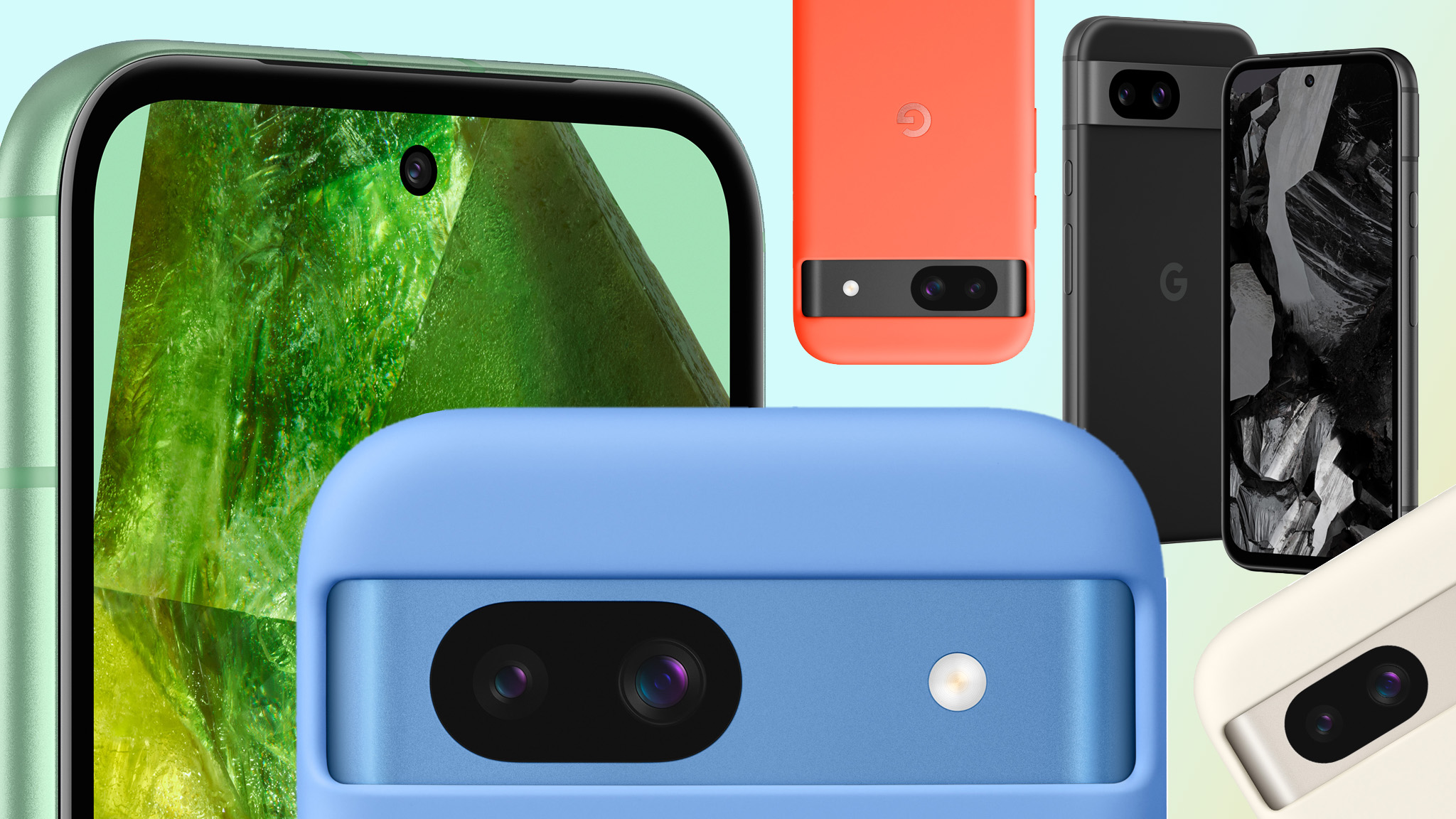
If the Google Pixel series is famous for anything in particular, it's the camera. But just behind that ranks the immense value presented by Google's own smartphones, which often debut at lower prices than the competition yet offer more updates in the long run.
The Google Pixel 8a was just announced, and it's the crown jewel of value for the company, delivering what looks to be the best Pixel A-series experience yet. The hardware appears to be nearly identical to the Google Pixel 8, yet the Pixel 8a is $200 cheaper. It certainly makes me wonder why anyone would bother buying the more expensive Pixel 8 at this point.
But is the Pixel 8a the right phone for you? Let's start by taking a look at the specs compared to last year's Pixel 7a to see if it makes sense for you to order a Pixel 8a today.
Based on specs alone, the Pixel 8a is a fairly menial upgrade over the Pixel 7a. You get the Tensor G3, a processor that's a year newer and runs quite a bit cooler than the Tensor G2 in the Pixel 7a. If you have a Pixel 7a, it doesn't make any sense to upgrade to a Pixel 8a, though. There's just not enough change to warrant the cost.
Based on specs alone, the Pixel 8a is a fairly menial upgrade over the Pixel 7a.
Google also upgraded the display with a 120Hz refresh rate and 1,400 nits of brightness, although we're not yet sure if they improved the PWM rate as Samsung did with some of its 2024 phones. Comparatively, the Pixel 7a has a 90Hz display capable of 1,000 nits of brightness and has a 360Hz PWM rate at all brightness levels.
Despite increasing the battery by a little over 100mAh, Google managed to decrease the weight by just over 5 grams. This minor battery size increase, coupled with the slightly more efficient Tensor G3, gives us hope that the battery life might see some improvements.
Google also swapped out the nasty shiny back of the Pixel 7a with a "matte composite back" and aluminum frame on the Pixel 8a. That shiny fingerprint magnet back on the 7a was easily the most annoying part of the phone's design, so it's great to see that directly addressed this year.
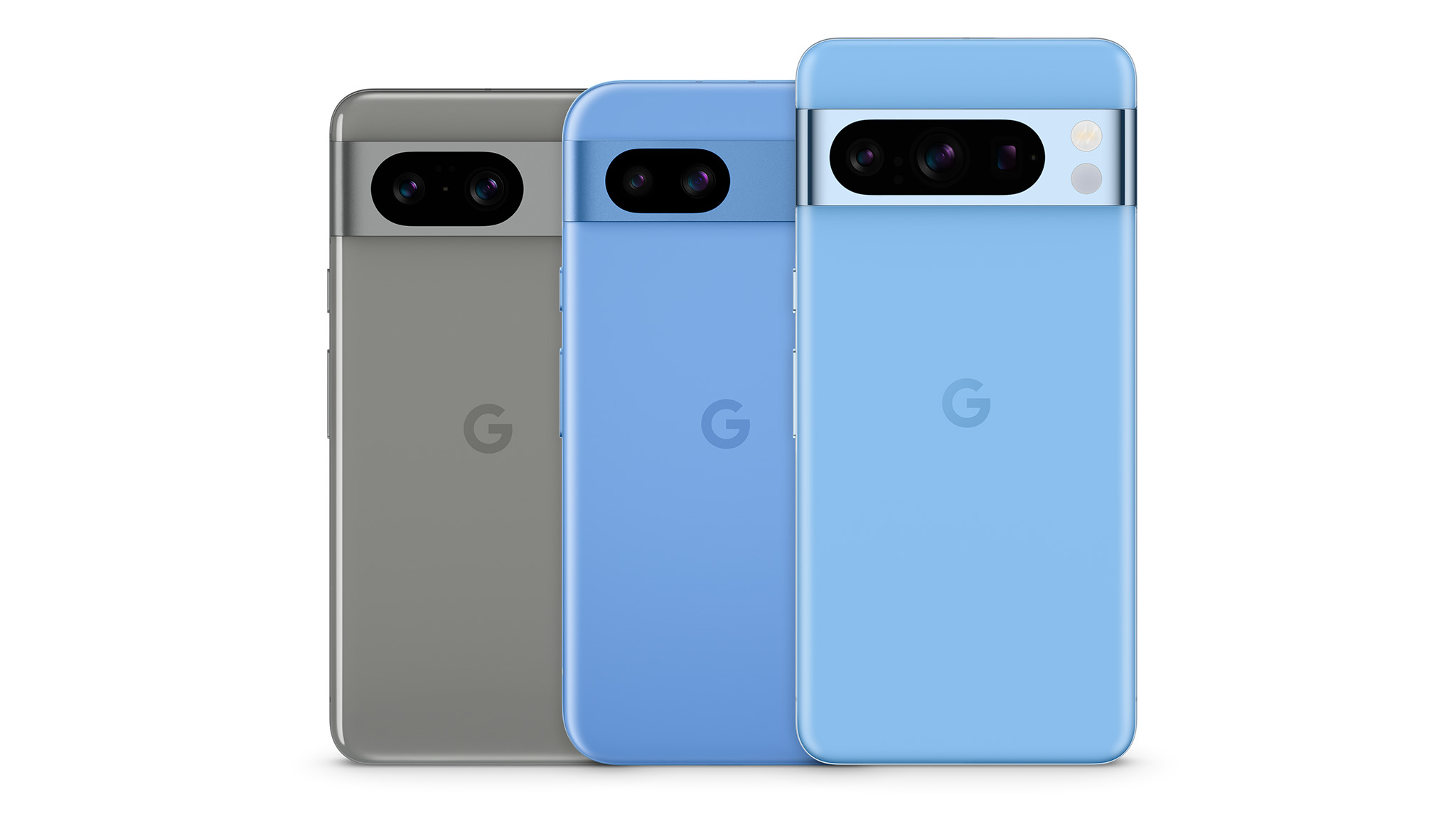
However, the most exciting upgrade might just be the inclusion of Gemini Nano. This makes the Pixel 8a the only phone under $500 to come with Gemini Nano, a big shift from last Fall when Google reserved its upgraded AI assistant and shipped it only with its most expensive phone, the Pixel 8 Pro.
The Pixel 8a has all the AI features Google advertises as important for its most expensive Pixel phones.
That means the Pixel 8a has all the AI features Google advertises as important for its most expensive Pixel phones, including Best Take, Magic Editor, Audio Magic Eraser, Real Tone in video, Guided Frame on both the front and rear cameras, Circle to Search, Call Assist, and more.
Plus, by the end of this year, owning a Pixel phone will be the only way to get the free VPN by Google One feature. The best VPN services for Android all offer better features than Google's VPN, but you have to pay extra for those services, obviously.
Considering that most phones in this price range don't have any of these features adds even more value to the Pixel 8a. Plus, all of these upgrades come without raising the price of the base model — as long as you're in the U.S. at least.
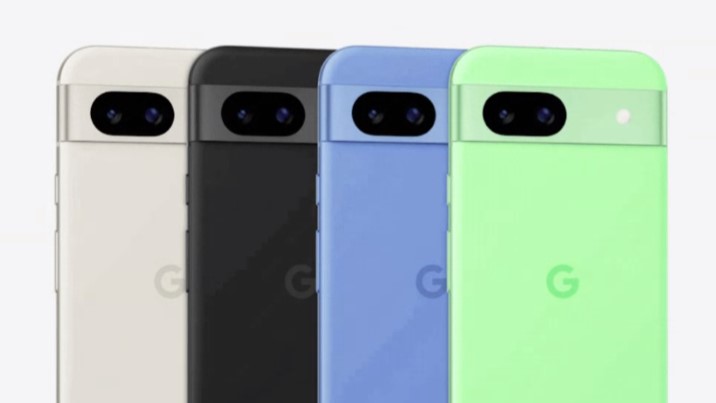
While it's not unreasonable for Google to raise prices for better products, last year's Pixel 7a already received a price increase in all regions.
However, some regions, like Canada, are seeing a price increase with this year's Pixel 8a release. Considering that Pixel 7a deals will often get you that phone for $350 or less, it would be much harder to recommend the 8a in these regions.
Last year, Google raised the price of its Pixel 8 and Pixel 8 Pro by $100 to offset the company offering seven years of support in addition to a bevy of other improvements, including better hardware build quality.
While it's not unreasonable for Google to raise prices for better products, last year's Pixel 7a already received a price increase in all regions, not just a select few. Being selected as a region to receive increased prices certainly doesn't feel very nice.
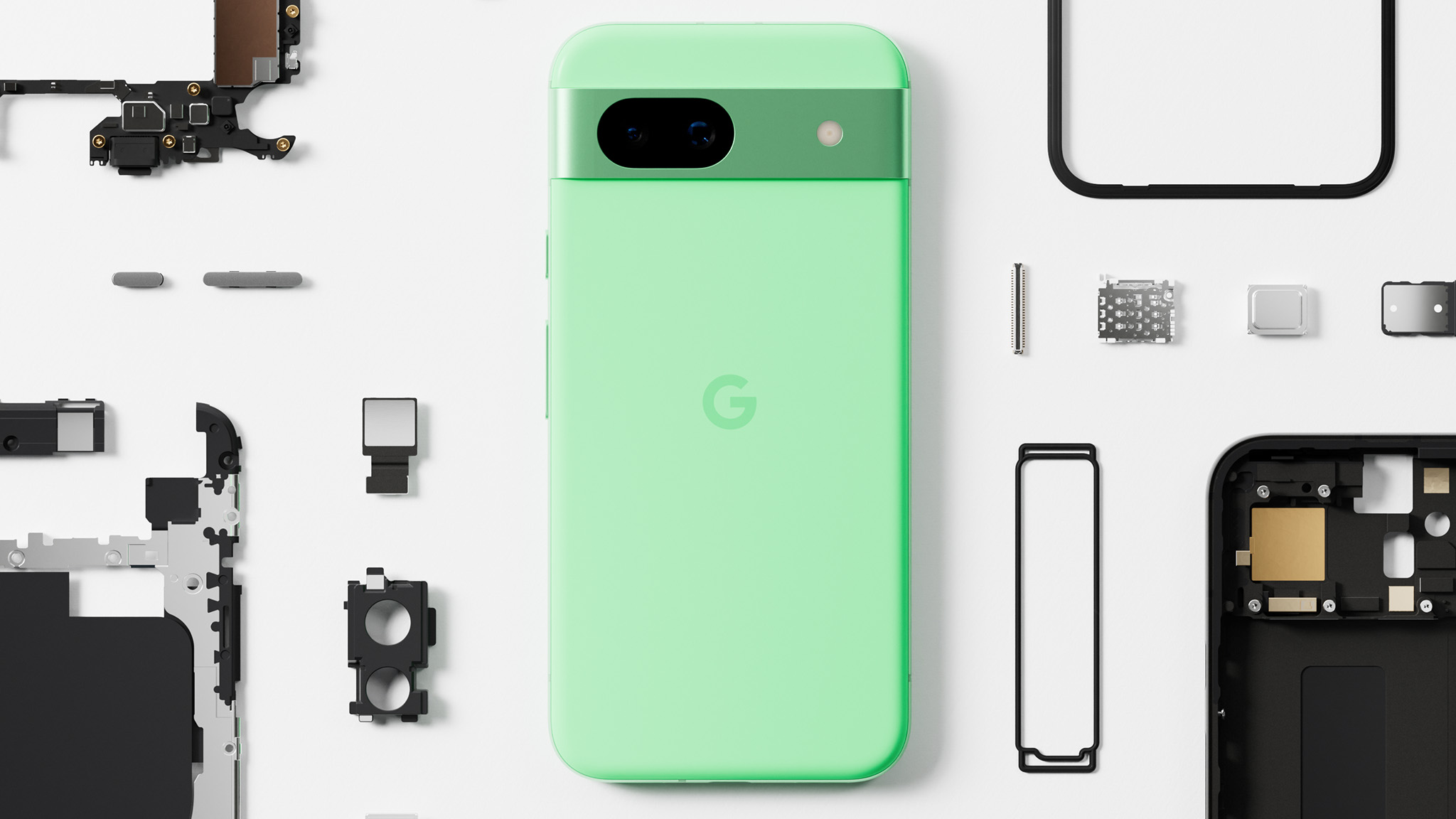
Pixel phones have had a lot of problems over the past few years, but the Pixel A-series has skirted around most of them.
And there's really no ignoring the myriad of problems Google has had with Pixel phones and updates over the years. Google's Tensor line of processors are incredible for many reasons but they have a tendency to run hotter than processors from Qualcomm or MediaTek.
Just search Google for Pixel overheating, and you'll find a slew of articles and forum posts over the years talking about this issue. Tensor G3 runs cooler, but the processor didn't improve performance much compared to the Tensor G2 in order to keep it from running hot regularly.
Google also seems to have a QA problem with some of its updates. Back in October, Pixel 6 owners ran into a crucial storage bug that made it nearly impossible to use the phone until a fix was issued. A nearly identical bug reared its ugly head earlier this year and affected nearly all Pixels, not just the Pixel 6, leaving some users with a useless phone until a patch was issued over a week later.
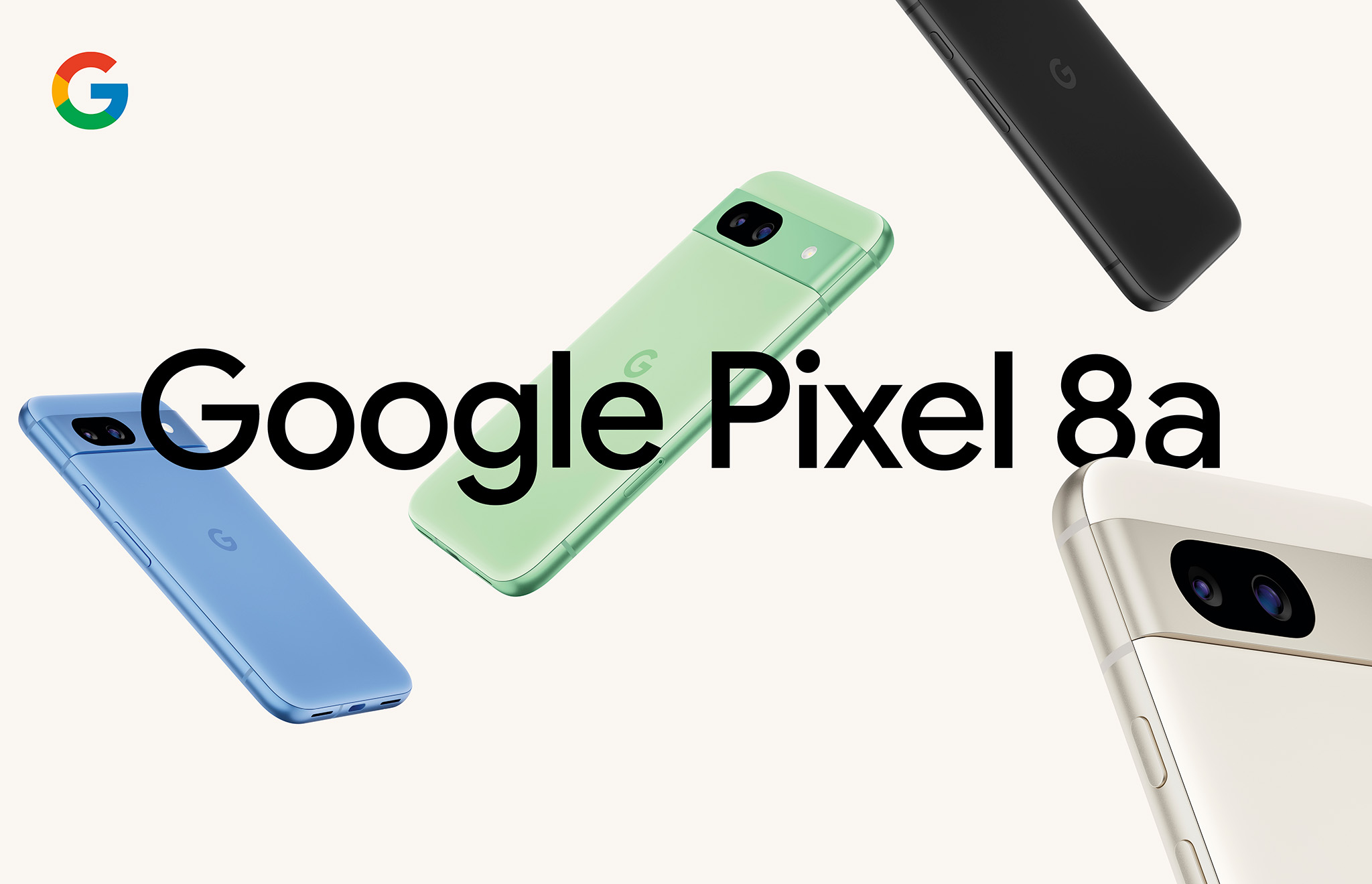
Plus, we've seen updates cause awful battery drain issues, cellular connectivity issues, and overheating issues, just to point out a few problems that have amassed over the years.
The silver lining? Almost none of these issues seem to have affected the Pixel A-series of phones. In the past, that's because Google changed some key hardware components between a mainline Pixel phone like the Pixel 7 and the budget-minded A-series of that generation — in this example, the Pixel 7a.
According to our sources, however, Google has apparently used the Pixel 8's hardware as a base for this phone, meaning it could be susceptible to any update mistakes that might cause problems for the mainline Pixel 8 and Pixel 8 Pro.
But while these things hold a bit of a cloud over the launch, I still feel more confident than buying a Pixel 8a than a mainline series Pixel 8 or Pixel 8 Pro, mainly because the A-series has long skirted the issues mainline Pixels have faced. Plus, there's just something satisfying in knowing that you got features once reserved for more expensive phones at a fraction of the price.







